Rose, a Young Adult graphic novel written by Meredith Finch and illustrated by Ig Guara, is the first book in a new fantasy series.
Being both an illustrator and a writer, I was enticed to finally review a graphic novel. I wasn’t disappointed, however, I admit, the style took some getting used to.
Synopsis:
Rose survives a decimating attack on her village by a villainous sorcerer, Drucilla, who has sent her army to rid her kingdom of rebels and opposing magic. Rose’s mother is one of the victims in the massacre. This event is the catalyst that propels Rose on a mission to avenge her mother and her village.
Rebels halt the impulsive and inexperienced Rose, and take her into their care. Rose has always toyed with her magical abilities, but when the rebels discover her powers, they are sure that she is the one to become the legendary Guardian who leads their fight against Drucilla. But Rose has serious doubts that she is one of the famous Guardians who team up with Khats, enormous and powerful feline warriors who bond telepathically with their human partners.
The rest of the story centres on the emergence of Rose’s magical powers and her search for Thorne, her Khat. Drucilla and her army race to squash Rose’s and the rebels’ efforts to oppose her.
Pros:
- The illustrations done by Ig Guara are amazing. Guara does not add the colour; another artist, Triona Farrell, finishes them off. As an artist, this surprises me, but the effects are brilliant. I love how the colours and backgrounds blend and change with the mood and subject matter.
- This genre lends itself to readers going back again and again to notice different facets of the illustrations. The book is an art piece to be enjoyed more than once, and on different levels.
- The old plot of the weak and scared overcoming the powerful and wicked is gratifying, albeit a bit trite.
- The pacing is quick and exciting. Teens will enjoy the imagery that is also dramatic in its delivery.
Cons:
- The ending is abrupt and a bit unsatisfying. It reminded me slightly of the end of the first Star Wars movies. (After a significant victory by the rebels, Luke has realized his powers and has bonded with his new family of resistance fighters.) In Rose, there is no major victory at the end, merely a continuation of the fight.
- I feel the writing is not as strong as the illustrating. The stereotypical bad guys weren’t as layered as I’d like. The rebels were more developed, but I felt Rose’s character needed more development. She basically morphs from scared girl to determined warrior. She could have used a few weaknesses to up the ante.
Final Impression:
Meredith Finch is a well-known writer (Wonder Woman, Little Mermaid) and Ig Guara a fan favourite artist (Batman: Arkham Knight, Blue Beetle, The Ravagers). So I was looking forward to a good romp with this new series. Overall, the experience was very positive and I would consider reading more. But I’m used to reading books with a solid beginning, middle and end. I didn’t appreciate investing the time to read, then being denied a more satisfying ending. I will definitely look for more from Ig Guara, and Triona Farrell!




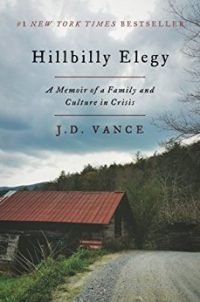
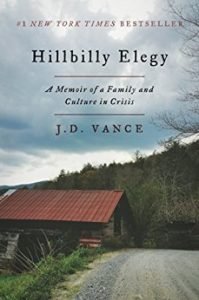



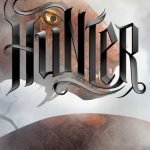
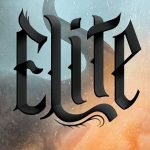
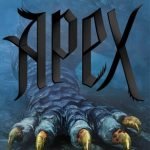

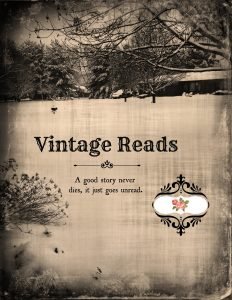 indomitable human spirit in the midst of tragedy.
indomitable human spirit in the midst of tragedy.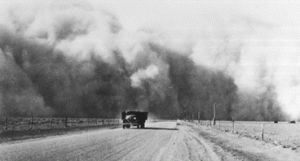
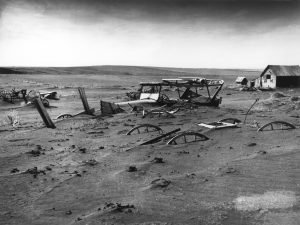 Discussion Questions
Discussion Questions
